
 Instagram
Instagram
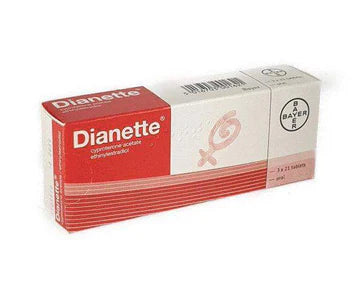
Related products
What is Dianette?
Dianette is a combination oral contraception pill that also works to treat skin conditions such as hirsutism and acne. Dianette contains anti-androgenic properties that can regulate hair growth and oil production in the glands.
Description
Dianette as a Contraception
Contraceptive medications are used to prevent unwanted pregnancy and can also help to alleviate symptoms of menstruation. Dianette is a hormonal contraceptive used to prevent pregnancy and treat acne. Dianette has a strong success rate at preventing unwanted pregnancy and is often prescribed when traditional acne treatments have not been successful.
What is Dianette and how does it work?
Dianette has two active ingredients; ethinylestradiol, a synthetic oestrogen and cyproterone, an anti-androgen. Androgens are the male hormones produced in some women, causing unwanted hair growth and oily skin. By reducing androgen, cyproterone reverses these effects. That's why it is often recommended to treat acne. Ethinylestradiol prevents pregnancy by preventing ovulation, the release of an egg.
Is Dianette right for me?
If you are looking for an effective oral contraceptive, Dianette may be right for you. However, it may not be suitable for you if you have the following:
- If you are allergic or hypersensitive to any of the ingredients in Dianette
- If you have ever had a blood clot or are at risk of a blood clot
- If you are using another hormonal contraceptive
- If you are pregnant or breast-feeding
- If you have severe heart, liver or kidney problems
- If you have high or low blood pressure
- If you have ever had a migraine with aura
- If you have ever had breast cancer
- If you have or have ever had meningioma
- If you have unexplained bleeding from the vagina
- If you are taking medication for hepatitis C
Side Effects
All medications can cause potential side effects, below we have listed some potential side effects of Dianette. However, these do not always occur and are mostly mild in nature. But if you experience any prolonged or worrying side effects of Dianette, please discontinue the medication immediately and consult your doctor.
Common side effects include:
- Mood swings
- Headache
- Nausea
- Stomach pain
- Weight gain
- Sore or painful breasts
How to take Dianette?
Always take Dianette exactly as prescribed by your doctor or advised by the pharmacist.
- Dianette should be taken every day for 21 days
- Take your pill at the same time every day
- Start by taking a pill marked with the correct day of the week
- Follow the directions of the arrows on the strip and take a pill every day until you have finished all 21
- Then have 7 pill-free days
- Start your next strip of Dianette after the 7 pill-free days, even if you are still bleeding
- It can be taken with or without food, if necessary with a small amount of water
- You must not take Dianette if you are pregnant
- It is not advised to take Dianette while breast-feeding
Warnings and Precautions
Dianette may not be safe if taken with other medication or recreational drugs. Please inform the prescriber if any of the following applies to you:
DO NOT take Dianette:
- If you are allergic or hypersensitive to any of the ingredients in Dianette
- If you have ever had a blood clot or are at risk of a blood clot
- If you are using another hormonal contraceptive
- If you are pregnant or breast-feeding
- If you have severe heart, liver or kidney problems
- If you have high or low blood pressure
- If you have ever had a migraine with aura
- If you have ever had breast cancer
- If you have or have ever had meningioma
- If you have unexplained bleeding from the vagina
- If you are taking medication for hepatitis C
The above-listed warnings are not exhaustive, please consult a doctor, pharmacist or nurse if you have further questions on the use of this medication or potential interactions with other medicines.
Dianette Patient Leaflet
To view the Dianette Patient Leaflet, click here.
Disclaimer
The information provided in this blog post is intended for general informational purposes only and should not be considered as medical advice, diagnosis, or treatment. Welzo does not endorse or sell the medication discussed, nor do we recommend using this information as a substitute for professional healthcare. Always consult with a qualified healthcare provider before making any decisions regarding your health or medical treatment. Welzo assumes no responsibility for any actions taken based on the information provided in this blog.

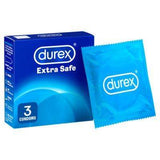




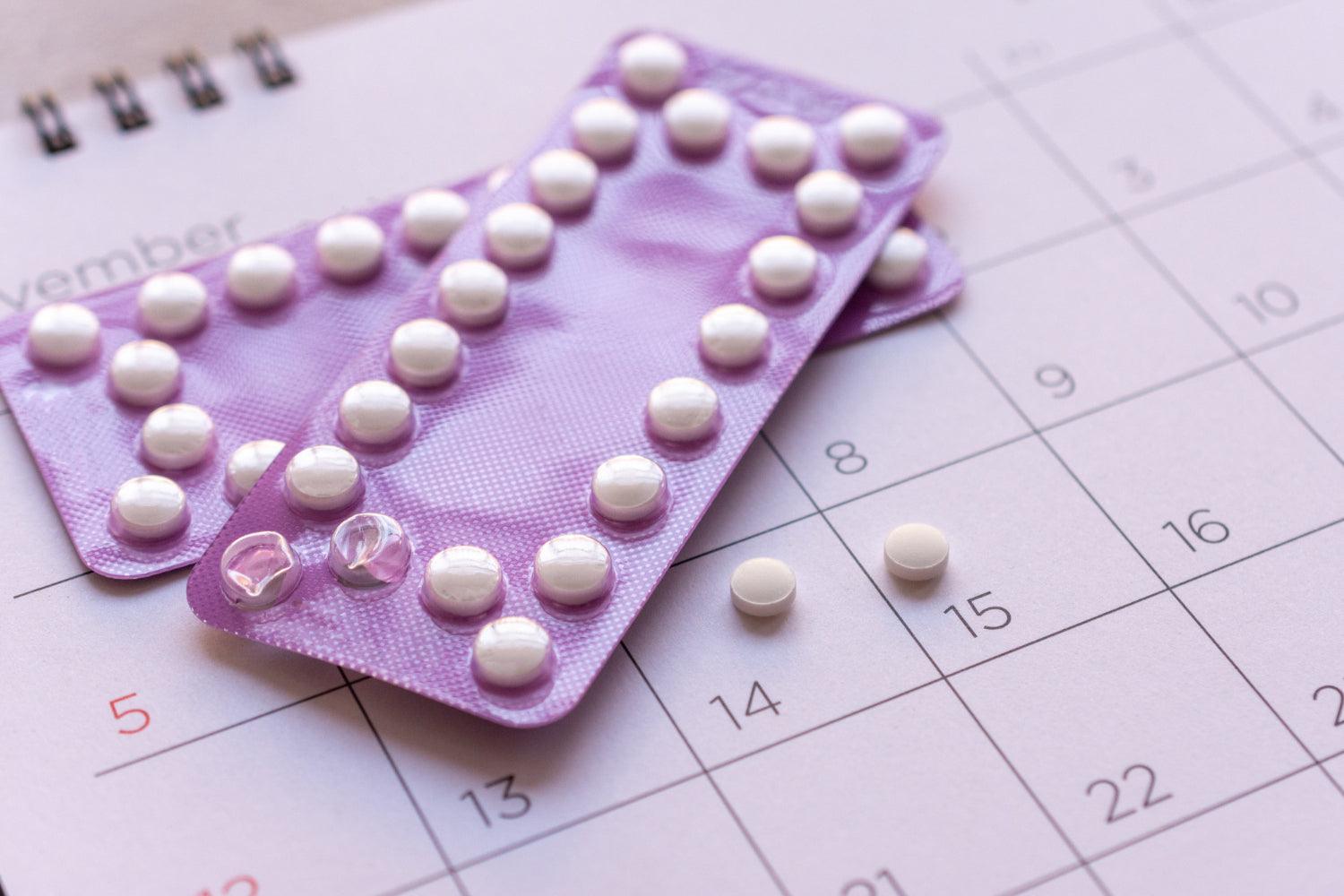

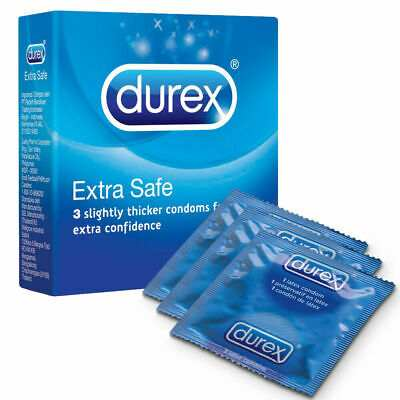


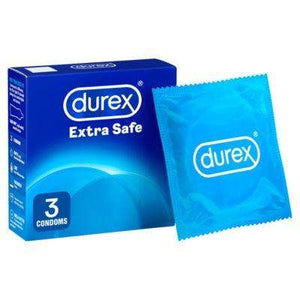




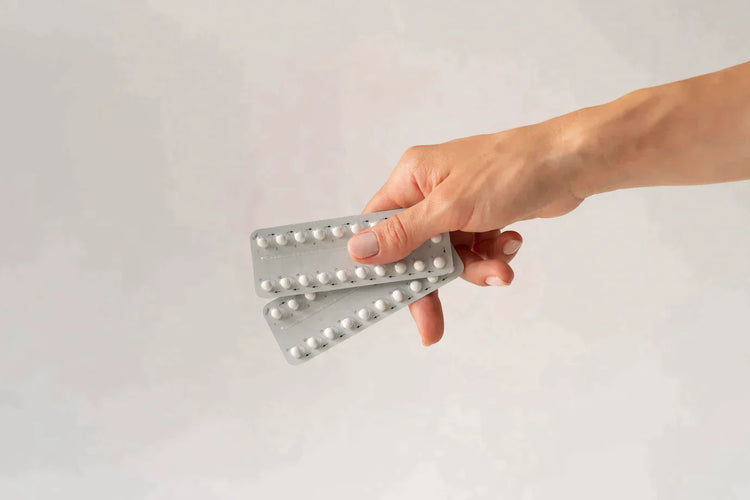
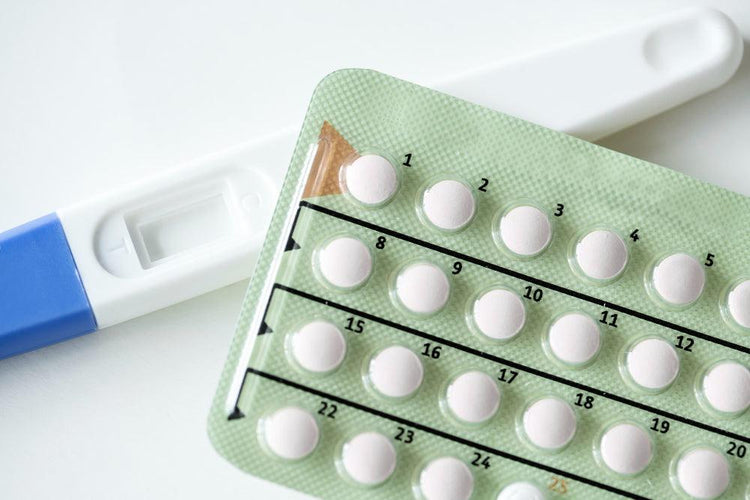

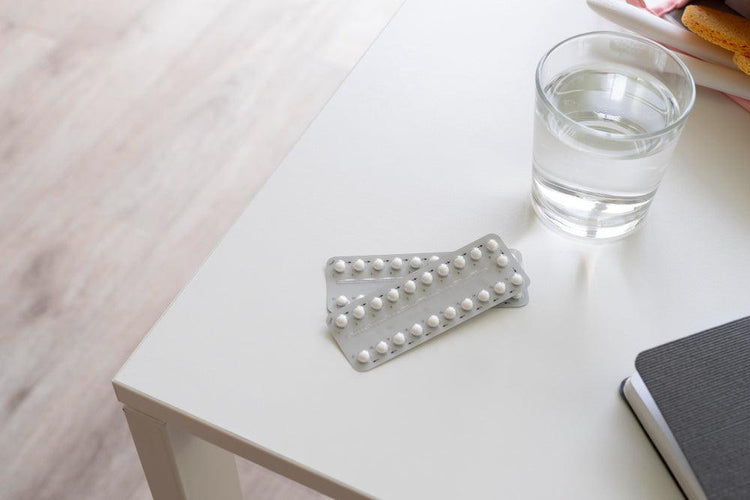




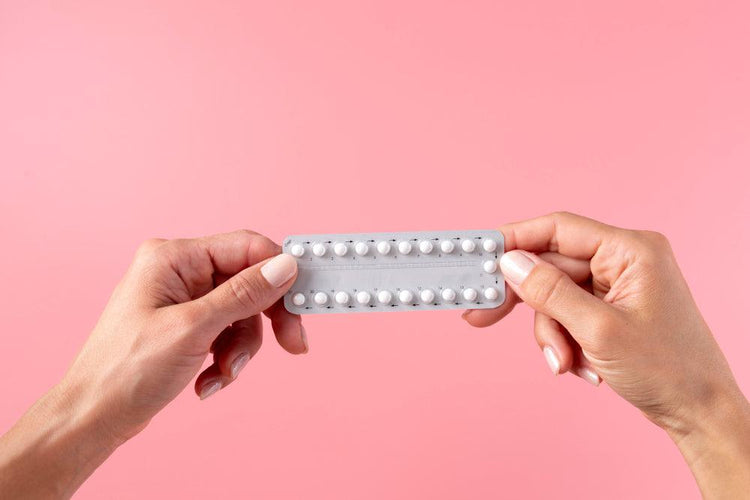
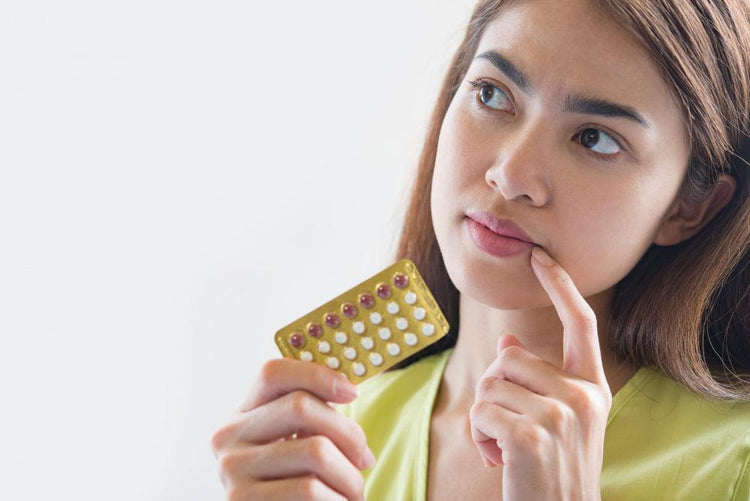
 Rated Excellent by 26,523+ Reviews
Rated Excellent by 26,523+ Reviews